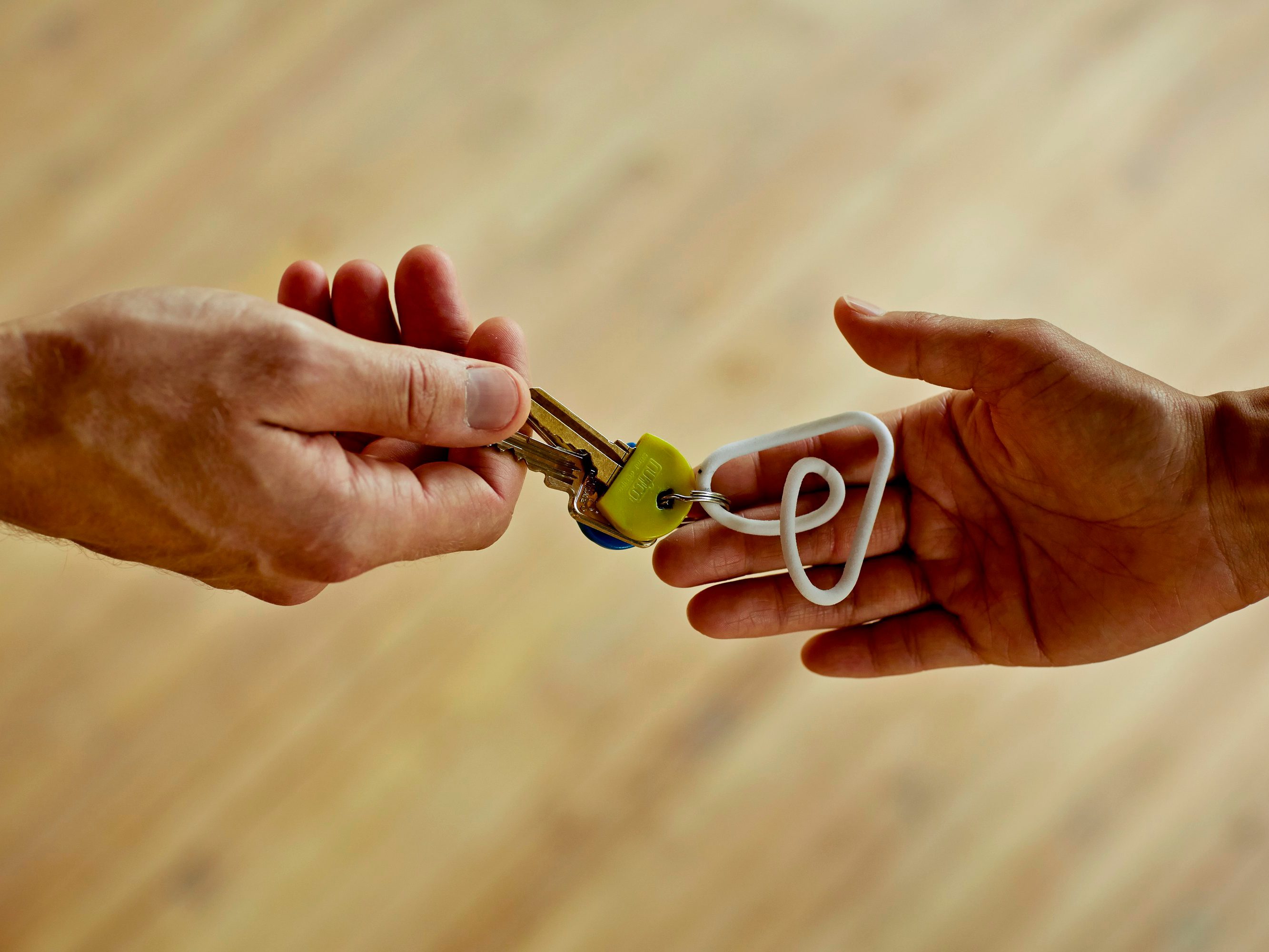
Considering renting your home on Airbnb?
More and more Canadians are renting their homes to travellers via online vacation rental services such as Airbnb, HomeAway, and VRBO. In the past year, Canadian Airbnb “hosts” have welcomed more than 627,000 guests from across Canada and around the world. While it can be a great opportunity to make money from an under-utilized cottage, cabin, or second home, a handful of homeowners have experienced nightmare guests that can make even the keenest of hosts reconsider. Learn how to protect your greatest assets-and stay out of the headlines-with our homeowner’s guide to listing your property on an online vacation rental service.
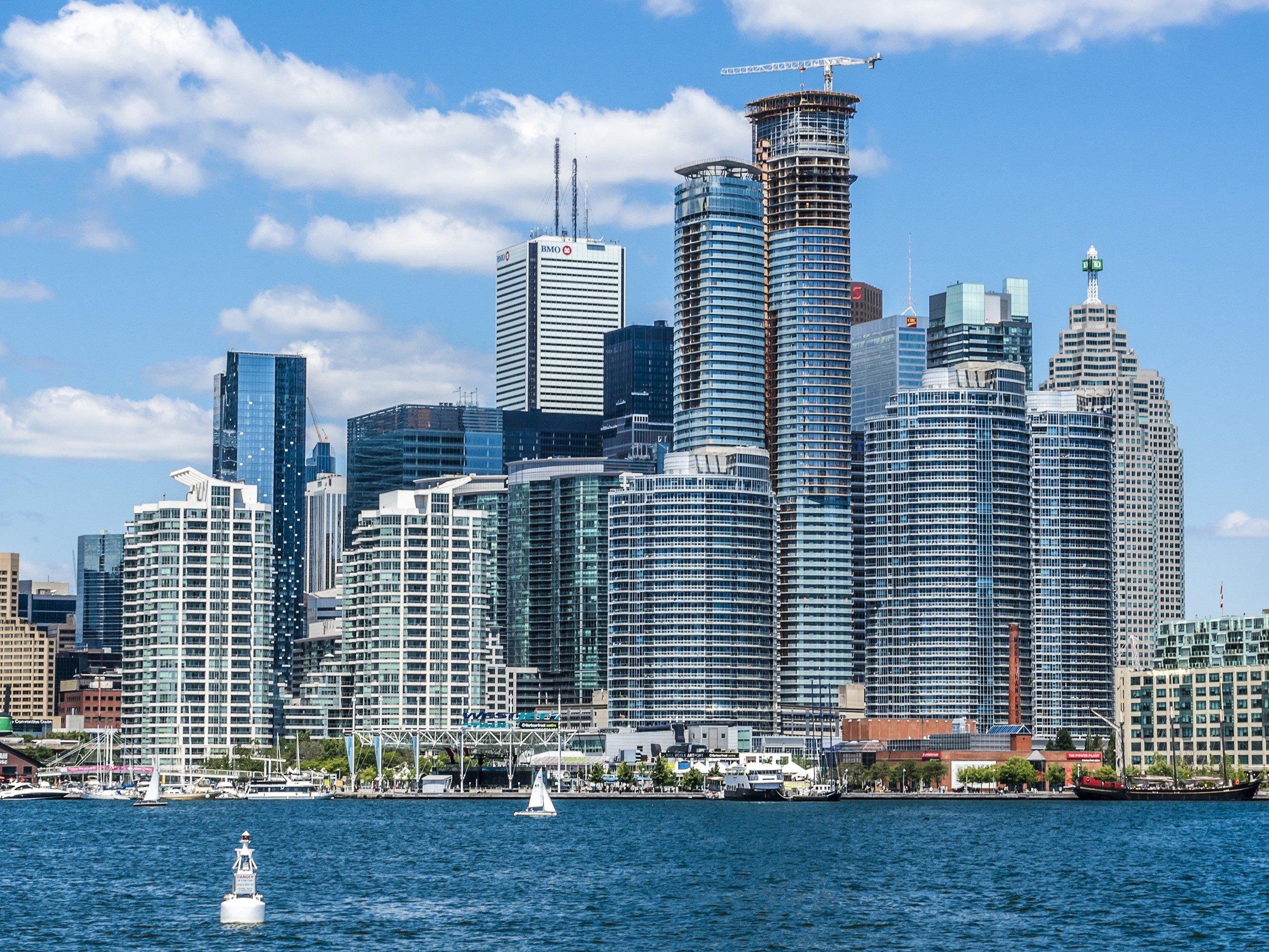
1. Are you allowed to list your property on Airbnb?
If your home is a rented apartment or a condominium, it’s important to speak with your landlord or condo board before listing your space on Airbnb, HomeAway or VRBO. Many leases and condo agreements have complicated rules-and even penalties regarding sub-leasing-and clarifying their position beforehand will help you avoid unexpected financial or legal hassles.
Sub-leasing may also be illegal in some areas of Canada. In Quebec, for example, a bill is currently being reviewed by the provincial government to make it mandatory for hosts to observe zoning by-laws and hold the same accreditation as bed-and-breakfast owners and hotels. If you don’t follow official protocols, you could be breaking the law.

2. Seek insurance advice before listing on Airbnb.
Letting strangers stay in your home can open you up to serious financial-and personal-risk. Lisa McWatt, director of Brand Innovation at All State Insurance, says it’s imperative for homeowners to understand the limitations of their own home insurance policy, as well as the plan offered by the vacation rental service. “Be proactive. All insurance coverage has limits,” she says. “Have the conversation with your insurance advisor, so you don’t make assumptions around your coverage. If you decide to take that risk, it’s an educated risk.”
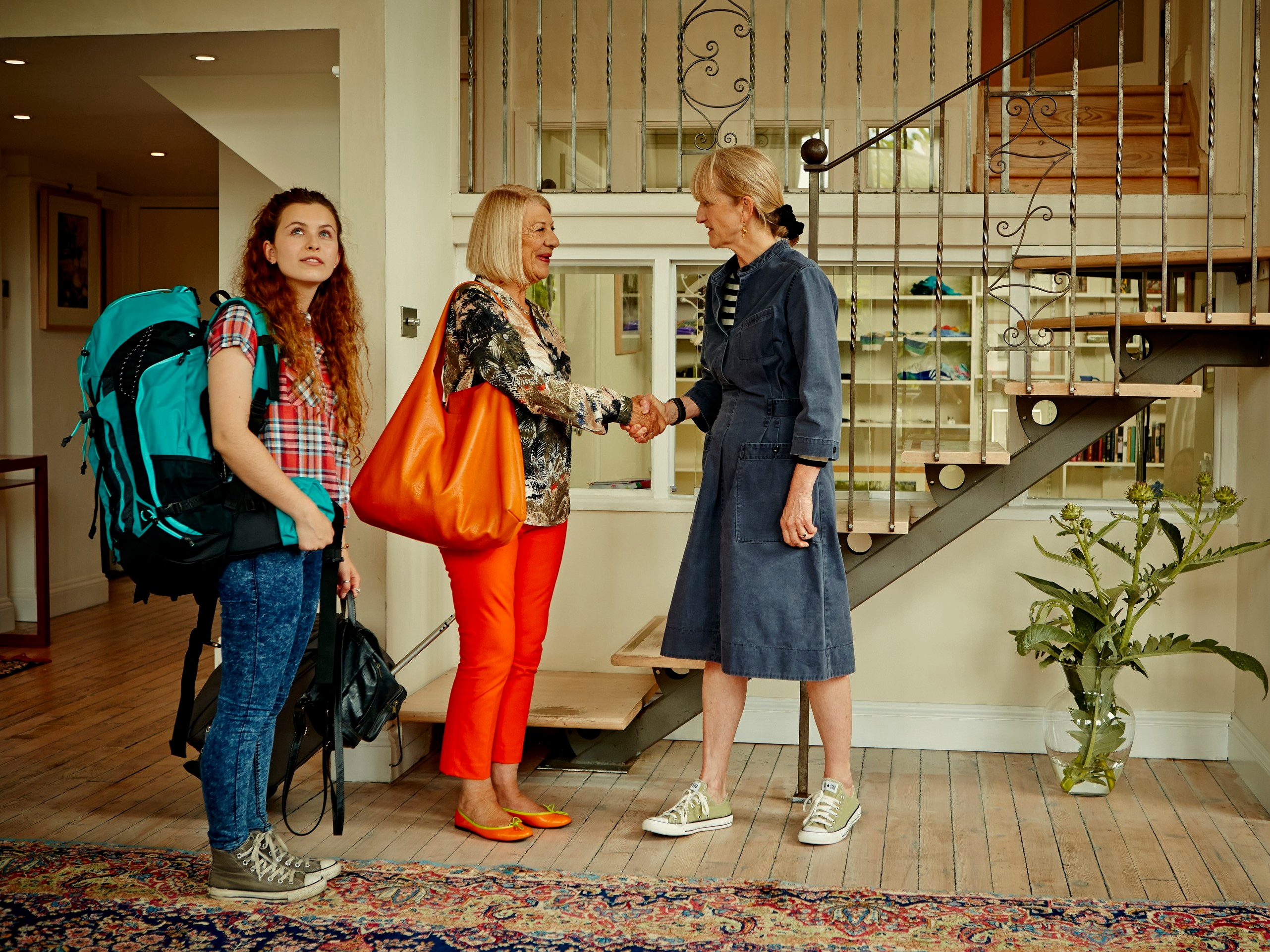
3. Play it safe with Airbnb guests.
Safety checks are in place to help avoid rental horror stories. Aaron Zifkin, country manager for Airbnb in Canada, says that guests cannot book accommodations without first scanning their government issued ID. “It’s about removing anonymity, and having a reputation online in the Airbnb community,” he says.
Airbnb also has a two-way review system-hosts review guests and guests review hosts-so you can determine whether a potential guest is one you’d welcome into your home. “Ultimately it’s the host’s decision who they let stay in their home,” says Zifkin. Hosts can also create “house rules” so guests know what’s expected of them, for example, no parties or pets.
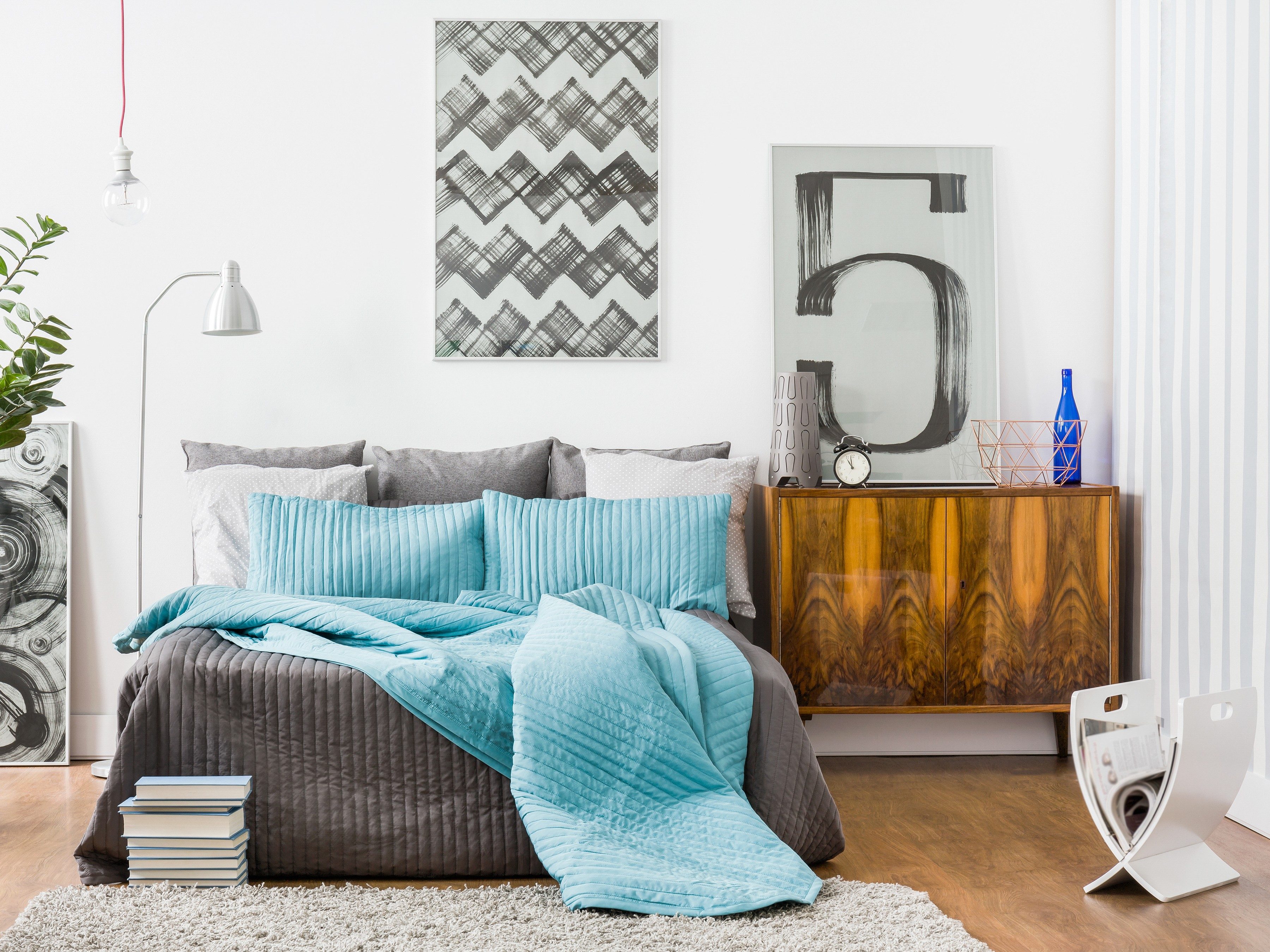
4. Do your homework as an Airbnb host.
Suzanne Boles, a freelance writer in London, Ontario, rents a floor of her home on Airbnb. She recommends studying the vacation rental site for tips on how to set up an attractive online listing, as well as your rates. “Look in the local community,” Boles says. “I base my price on what other hosts with similar offerings in my area charge for their accommodations.”
Reading other listings can also provide valuable hints about amenities guests adore. “Toothpaste, dental floss, fresh soap, shampoo, bottled water-they don’t cost you a lot, but they’re appreciated by guests,” says Boles. “If a host has a lot of positive references, that’s a good indication they’re doing things right.”
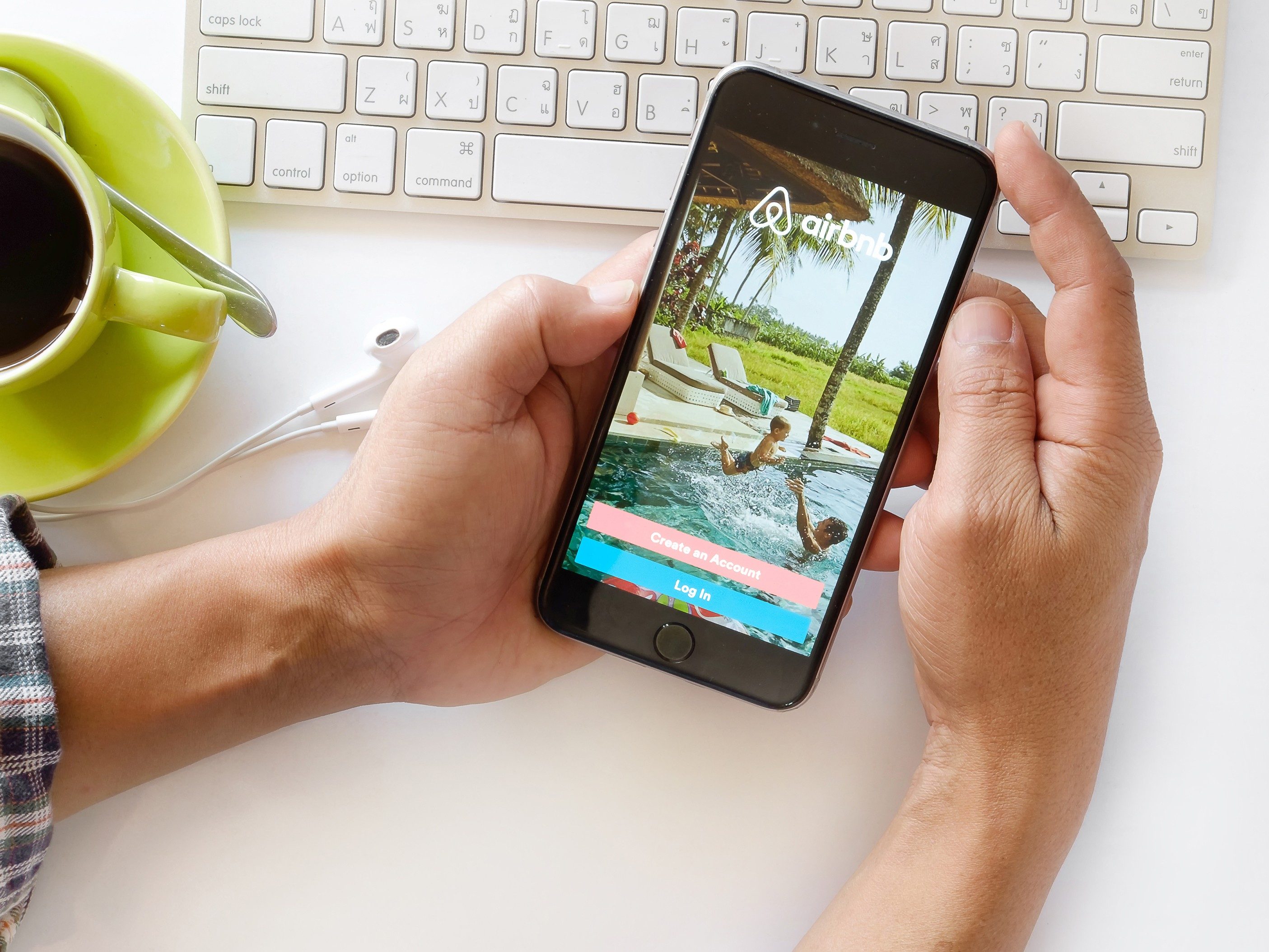
5. Interaction with Airbnb guests is key.
Services like Airbnb are built on solid interaction between the host and the guest. You’re expected to respond to booking enquiries and initial queries within 24 hours, or you’ll suffer a negative response rating. Hosts and guests should also communicate regularly before and during a booking. If you’re not easily reachable, you might want to reconsider hosting.
Related Links:
5 Things You Should Know Before Booking on Airbnb
13 Secrets Hotels Don’t Want You to Know
10 Real Travel Disasters That Could Happen to You